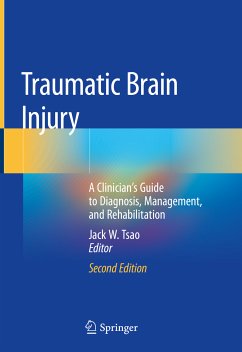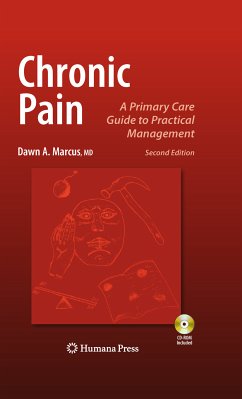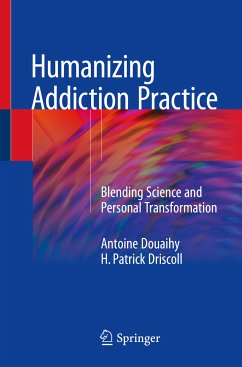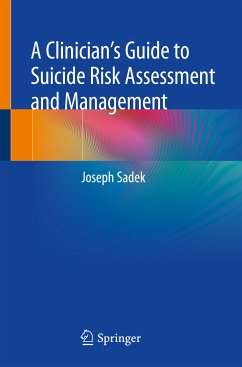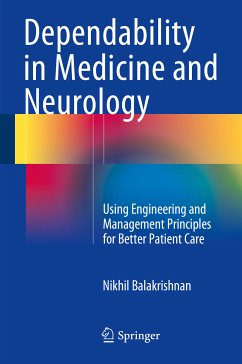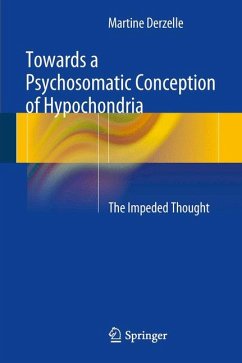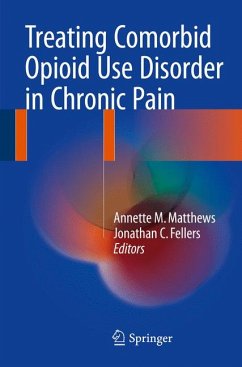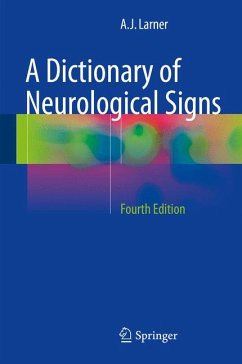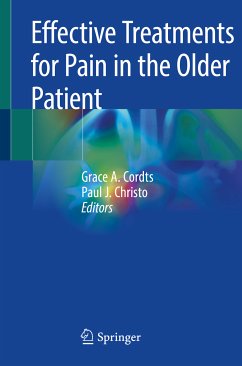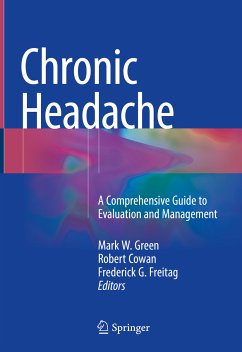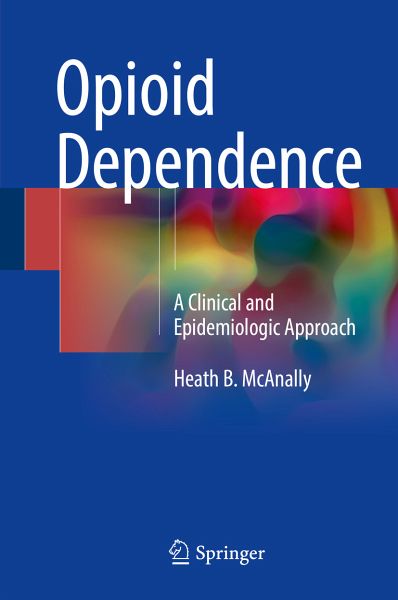
Opioid Dependence (eBook, PDF)
A Clinical and Epidemiologic Approach
Versandkostenfrei!
Sofort per Download lieferbar
88,95 €
inkl. MwSt.
Weitere Ausgaben:

PAYBACK Punkte
44 °P sammeln!
Written by renowned expert in the field
Provides rare perspective on dependence / abuse issues in opioid therapy
Offers wide range of insights on and review of all evidence-based practices in opioid therapy
Provides rare perspective on dependence / abuse issues in opioid therapy
Offers wide range of insights on and review of all evidence-based practices in opioid therapy
Dieser Download kann aus rechtlichen Gründen nur mit Rechnungsadresse in A, B, BG, CY, CZ, D, DK, EW, E, FIN, F, GR, HR, H, IRL, I, LT, L, LR, M, NL, PL, P, R, S, SLO, SK ausgeliefert werden.



